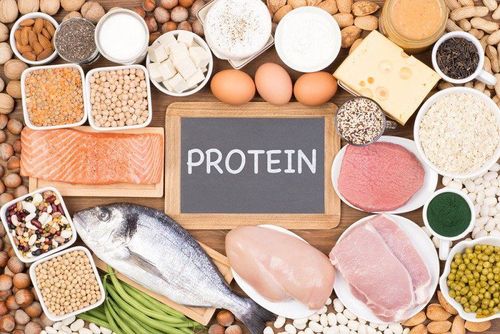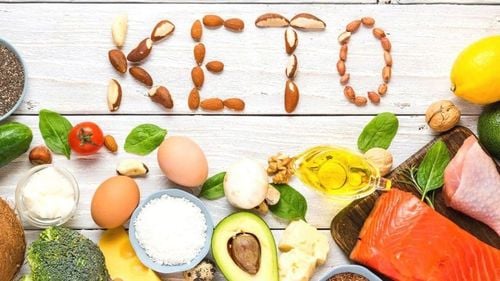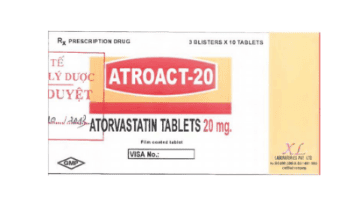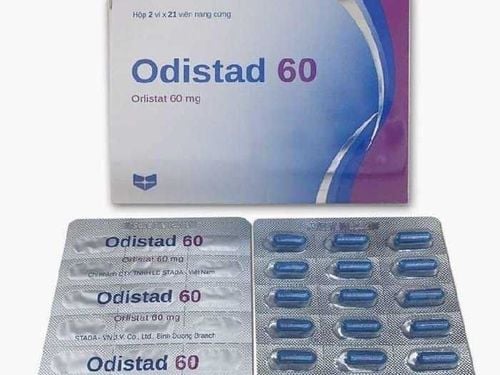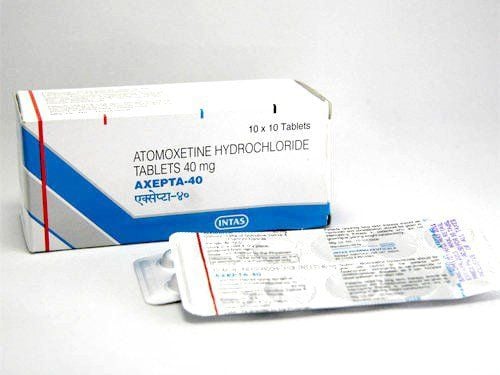This is an automatically translated article.
The ketogenic diet (or keto diet for short) is a low-carb, high-fat diet that offers many health benefits. Many studies show that this diet can help you lose weight and improve your health. The ketogenic diet may even have benefits against diabetes, cancer, epilepsy, and Alzheimer's disease.
1. How Does the Keto Diet Work?
The keto diet aims to force the body to use another type of fuel for energy instead of relying on sugar (glucose) that comes from carbohydrates (such as grains, legumes, vegetables, and fruits). The keto diet is based on ketones, a type of fuel that the liver produces from stored fat.
Burning fat seems to be an ideal way to lose weight. But getting the liver to make ketones is quite complicated. This requires you to eliminate carbohydrates from your diet and consume 20 to 50 grams of carbs per day, while a medium-sized banana already includes about 27 grams of carbs.) It usually takes the body a few days to reach a state of ketosis, similarly eating too much protein can interfere with ketosis.
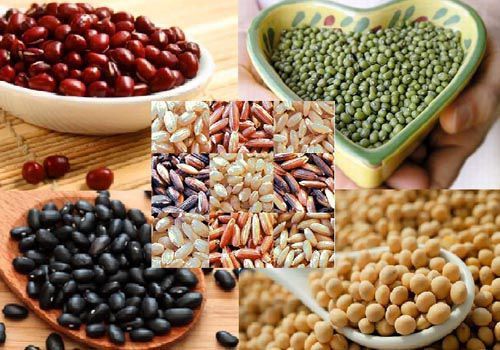
Ngũ cốc nằm trong khẩu phần ăn của chế độ ăn keto
2. Foods that can be used in the Keto diet
Because the keto diet has a high fat requirement for the body to use for energy, people following this diet need fat at every meal. In a diet of about 2,000 calories daily, the ratio of possible energy sources is 165 grams of fat, 40 grams of carbs, and 75 grams of protein. However, the exact ratio depends on each person's specific needs.
Some healthy unsaturated fats are allowed on the keto diet like nuts (almonds, walnuts), seeds, avocado, tofu and olive oil. Saturated fats from oils (palm, coconut), lard, butter and cocoa butter are recommended in large amounts. Protein is part of the keto diet, regardless of lean protein foods and protein sources rich in saturated fat like beef, pork, and bacon. All fruits are rich in carbs and should be avoided on the keto diet, but you can eat small amounts of fruit (usually berries). Vegetables (which are also rich in carbs) can also be consumed in small amounts on this diet, especially green vegetables (such as kale, Swiss chard, spinach), cauliflower, and cotton. broccoli, Brussels sprouts, asparagus, bell peppers, onions, garlic, mushrooms, cucumbers, celery and summer squash.

Các loại rau được khuyến khích ăn nhiều trong chế độ keto
3. Foods to Avoid on the Keto Diet
Some of the foods to avoid on the Keto diet are as follows:
Sugary foods: soda, juice, smoothies, cakes, ice cream, candy Cereals or starches: wheat products , rice, pasta, cereals Fruit: all fruit, except small amounts of berries such as strawberries Beans or legumes: peas, beans, lentils, chickpeas Vegetables and roots: potatoes , sweet potatoes, carrots, radish Diet or low-fat products: low-fat mayonnaise, salad dressings and condiments Certain condiments or sauces: barbecue sauce, honey mustard, teriyaki sauce, ketchup Unhealthy fats: processed vegetable oils, mayonnaise Alcohols: beer, wine, mixed drinks Sugar-free diet foods: sugar-free candies, syrups, puddings, sweeteners, dessert MORE: Does the Keto diet work for weight loss?
4. Benefits of the Keto Diet
Benefits of applying Keto diet:
Supports weight loss. Reduced risk of diabetes: The ketogenic diet can help you lose excess fat, which is strongly linked to type 2 diabetes, prediabetes, and metabolic syndrome. One study found that a ketogenic diet improved insulin sensitivity by up to 75%. A small study in women with type 2 diabetes also found that following a ketogenic diet for 90 days significantly reduced hemoglobin A1C levels, a measure of long-term blood sugar management.
Another study in 349 people with type 2 diabetes found that those following the ketogenic diet lost an average of 26.2 pounds (11.9 kg) over a 2-year period. This is an important benefit when considering the link between weight and type 2 diabetes.
Cancer: The diet is currently being explored as an additional treatment for cancer, because It can help slow down tumor growth. Alzheimer's disease: The keto diet may help reduce symptoms of Alzheimer's disease and slow the progression of the disease. Epilepsy: Research has shown that a ketogenic diet can significantly reduce seizures in children with epilepsy. Parkinson's disease: Although more research is needed, one study found that this diet helped improve symptoms of Parkinson's disease. Polycystic ovary syndrome: The ketogenic diet can help lower insulin levels, which may play an important role in polycystic ovary syndrome. Brain Injury: Some studies suggest that the keto diet may improve outcomes of traumatic brain injury

Chế độ ăn Keto giúp làm giảm các triệu chứng của bệnh Alzheimer
5. Risks of adopting the keto diet
Ketogenic diets can be risky, because they are high in saturated fat. Experts recommend keeping saturated fat to no more than 7% of daily calories, as consuming this type of fat has been linked to an increased risk of heart disease. In fact, the keto diet has been linked to an increase in "bad" LDL cholesterol, which also increases the risk of heart disease.
Other potential keto diet risks include:
Nutrient deficiencies: When insufficient amounts of vegetables, fruits and whole grains are consumed, the body can be at risk for micronutrient deficiencies. , which includes selenium, magnesium, phosphorus and vitamins B and C. Consuming too much trans fats in this diet can make any existing liver condition worse. Kidney problems: The kidneys help metabolize protein, and the keto diet can overwork the kidneys. (The current recommended protein intake averages 46 grams per day for women and 56 grams for men.) Constipation: The keto diet is low in fiber foods like grains and legumes. Memory loss and mood swings: Studies show the brain needs sugar from healthy carbohydrates, says McManus. Low-carb diets can cause mood swings and memory loss. The keto diet is a very low-carb, high-fat diet that has been shown to offer many health benefits. However, this diet also carries certain risks. Therefore, before choosing a suitable diet and nutrition, you should have regular health checks and consult a doctor.
Please dial HOTLINE for more information or register for an appointment HERE. Download MyVinmec app to make appointments faster and to manage your bookings easily.
References: healthline.com, health.harvard.edu




